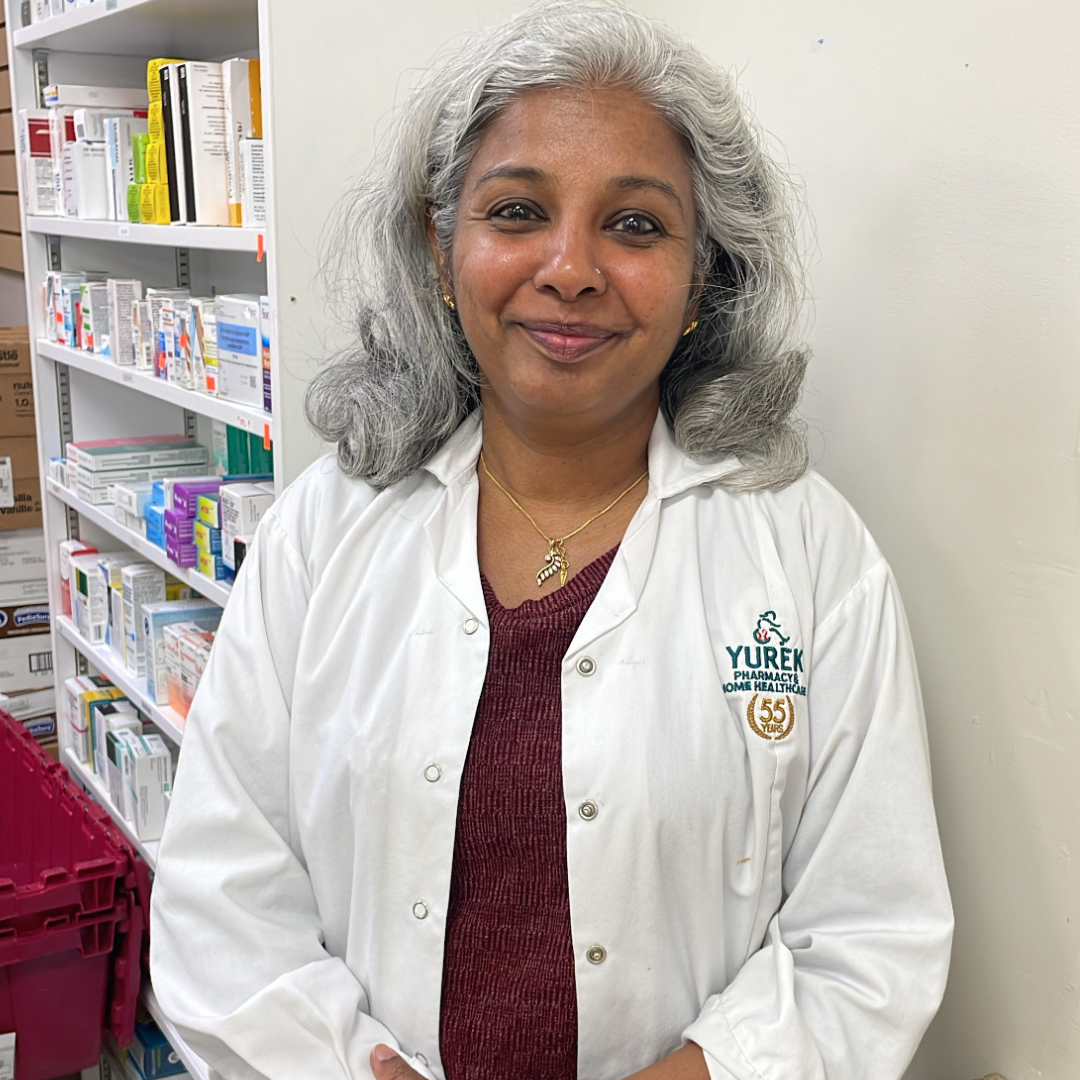By: Leena Thomas, Yurek Specialities Pharmacist
Medications come in many shapes and forms. The majority of medications are taken by the mouth, which is the usually the easiest and most effective way to get the active ingredient to the specific site in the body to deliver the maximum effect. Let us have a look at the most popular oral medication delivery form – the tablet.
Chewable tablets and lozenges: These are chewed or sucked on. The main purpose of these types of tablets is to have an effect on the throat, or to dissolve and absorb rapidly in the stomach, offering a quick onset of action. Example: Cepacol lozenges for sore throat, and Vitamin C chewable tablets.
Effervescent tablets: These types of tablets are intended to be dissolved or dispersed in a glass of water before administration. This ensures a faster onset of action than regular tablets because the medication has already dissolved as it arrives in the stomach. Example: Redoxon Vitamin C .
Sublingual tablets/ Buccal tablets: These soluble tablets are placed into a cheek pouch or under the tongue which allows for the to slowly dissolve. The tiny blood vessels underneath the tongue absorb the sublingual medication and carry them into the bloodstream enabling a rapid onset of the drug’s effects. Example: Nitroglycerin tablets.
Orally disintegrating tablets: An orally disintegrating tablet is typically a fast-acting dosage form that dissolves in the mouth within a minute or less. Example: some drugs used for Migraine.
Uncoated Tablets: Tablets without coating usually have a dull surface, which can make it difficult to swallow. It is crucial to take these types of tablets with plenty of water to ensure they do not become stuck in the esophagus and not allowed to dissolve in the stomach.
Coated tablets (sugar-coated or film-coated tablets): Coated tablets are smooth, coloured, and attractive. They are easier to swallow and will not usually leave an aftertaste. Example: Tylenol Extra strength coated tablet.
Enteric-coated tablets: These types of tablets have a protective coating to delay the digestion of the tablet until it leaves the stomach. This in turn allows for reduced irritation to the stomach and improved absorption of the medication that are destroyed in an acidic environment. It is very important to swallow this medication whole; Do not crush, chew, or break these types of tablets as this may increase side effects or decrease the effectiveness of the medication. Example: Aspirin 81mg (Baby aspirin).
All medications in a tablet dosage form should be taken with a full glass of water (8 ounces / 240 millilitres) unless your doctor or pharmacist recommends otherwise.








